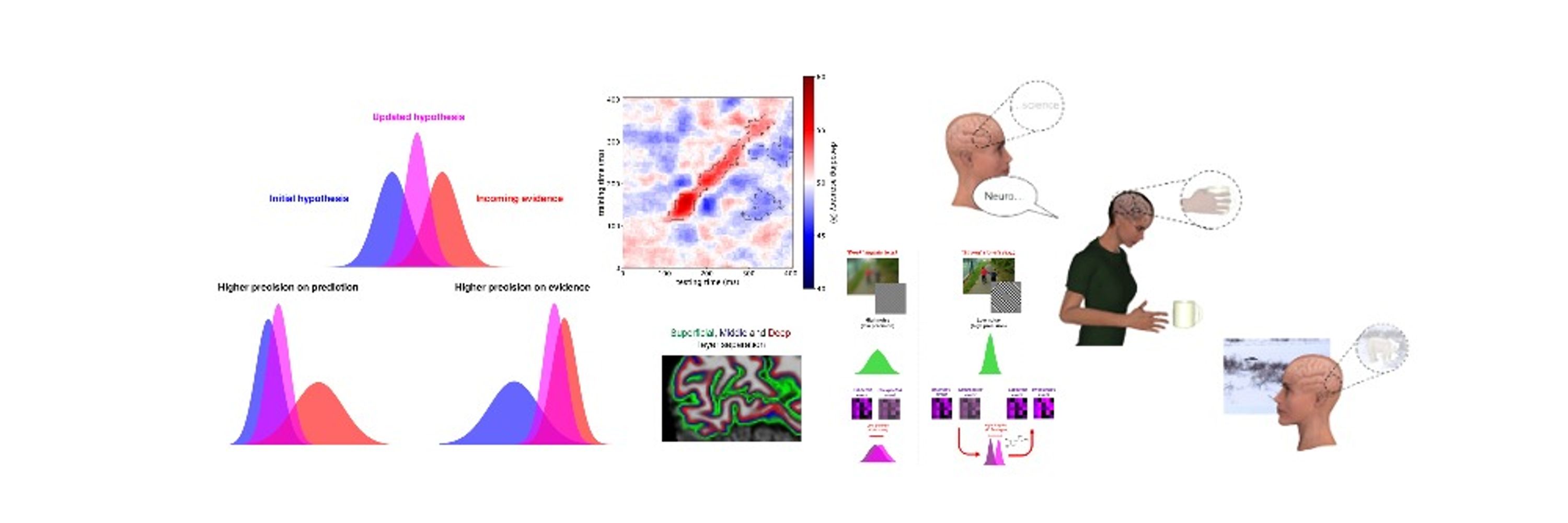
https://www.ucl.ac.uk/pals/action-and-perception-lab/
https://www.fil.ion.ucl.ac.uk/team/action-and-perception/

@compcogneuro.bsky.social
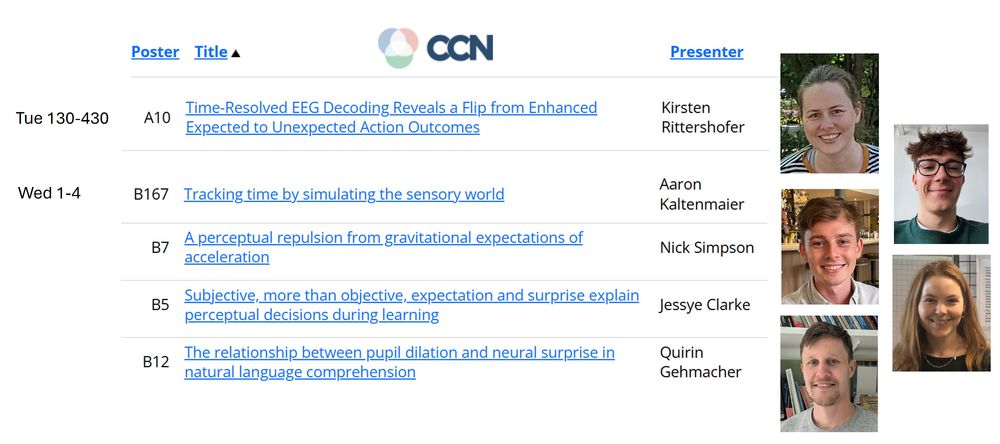
@compcogneuro.bsky.social
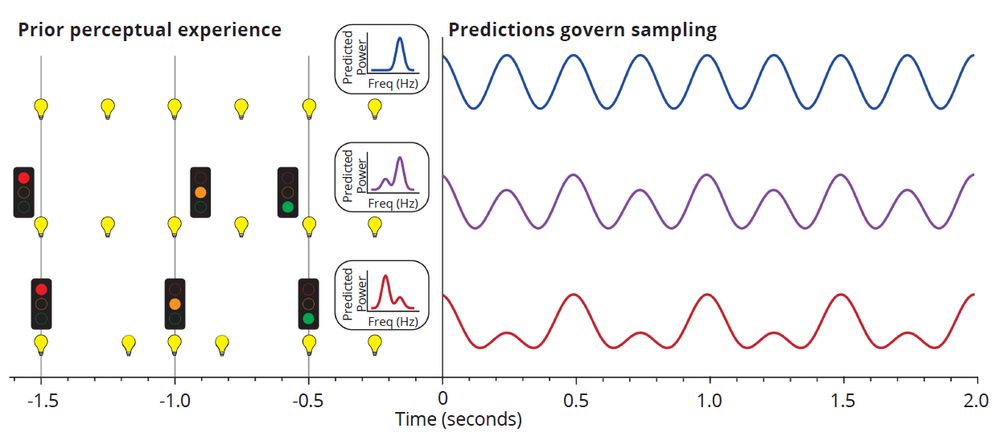
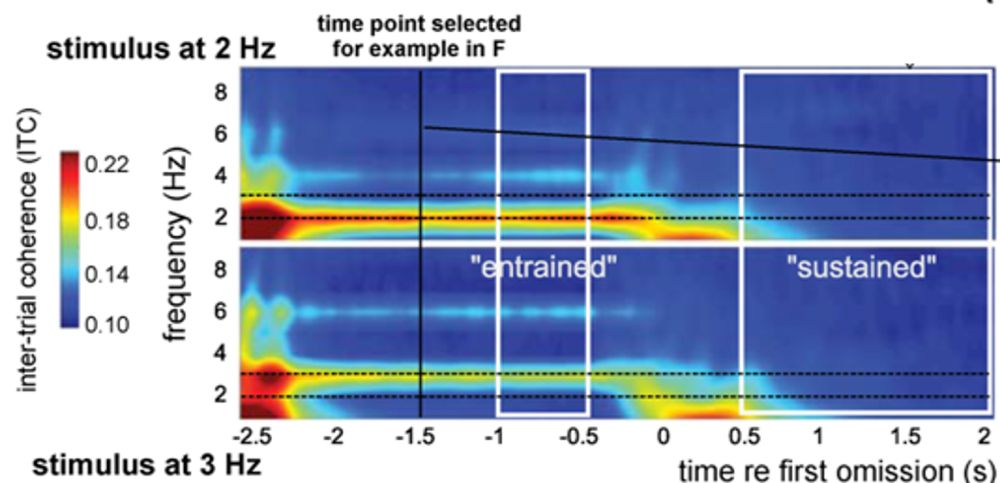
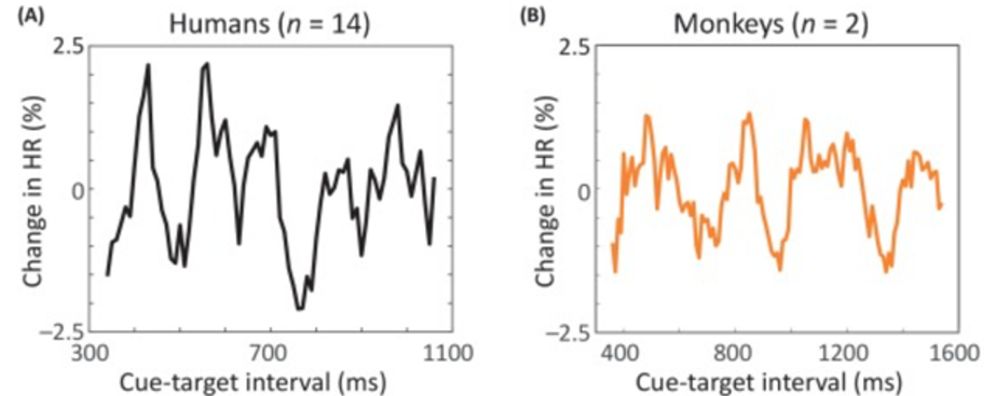
Are sensory sampling rhythms fixed by intrinsically-determined processes, or do they couple to external structure? Here we highlight the incompatibility between these accounts and propose a resolution [1/6]

Are sensory sampling rhythms fixed by intrinsically-determined processes, or do they couple to external structure? Here we highlight the incompatibility between these accounts and propose a resolution [1/6]
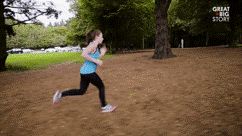

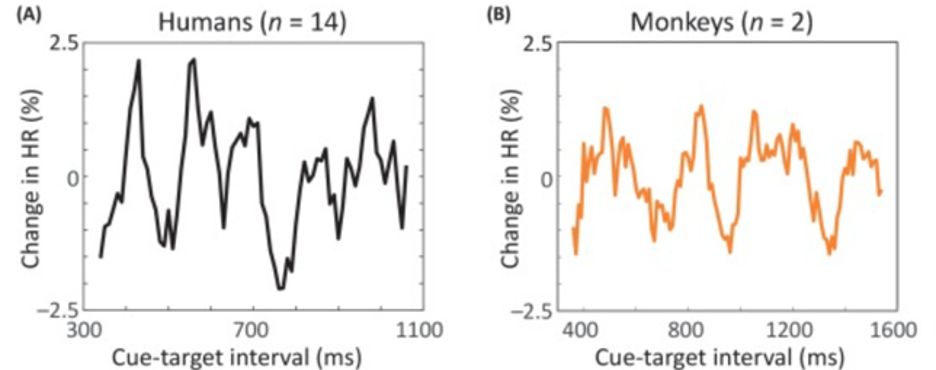
Find out more: www.ucl.ac.uk/pals/action-...
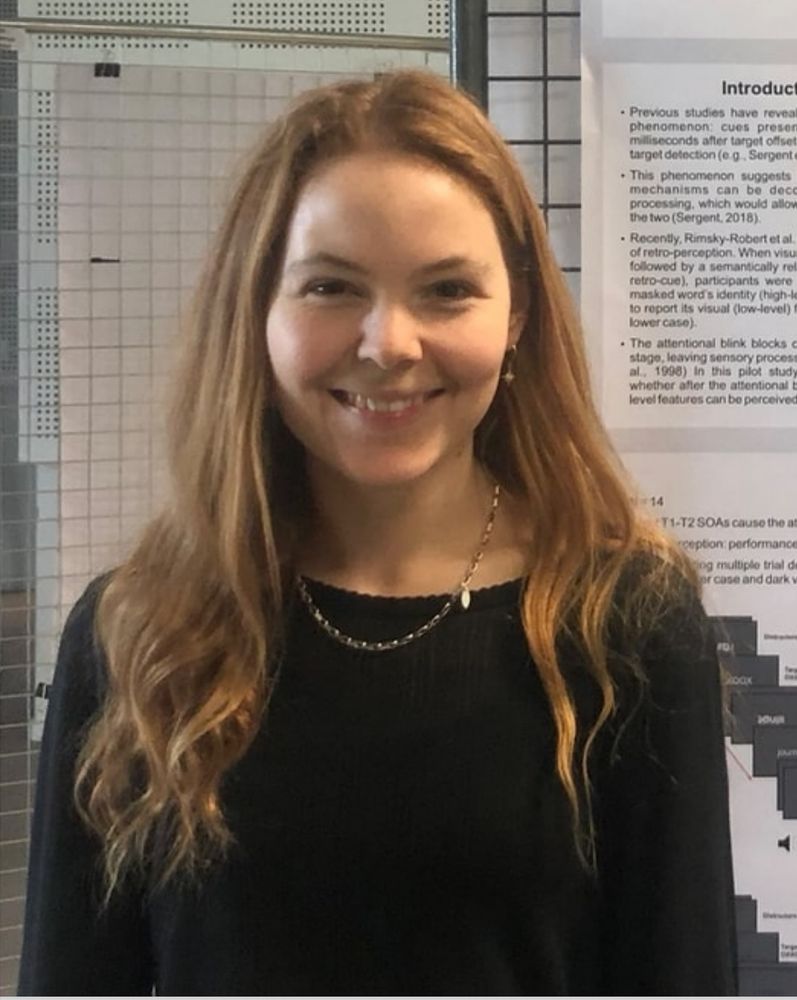
Find out more: www.ucl.ac.uk/pals/action-...

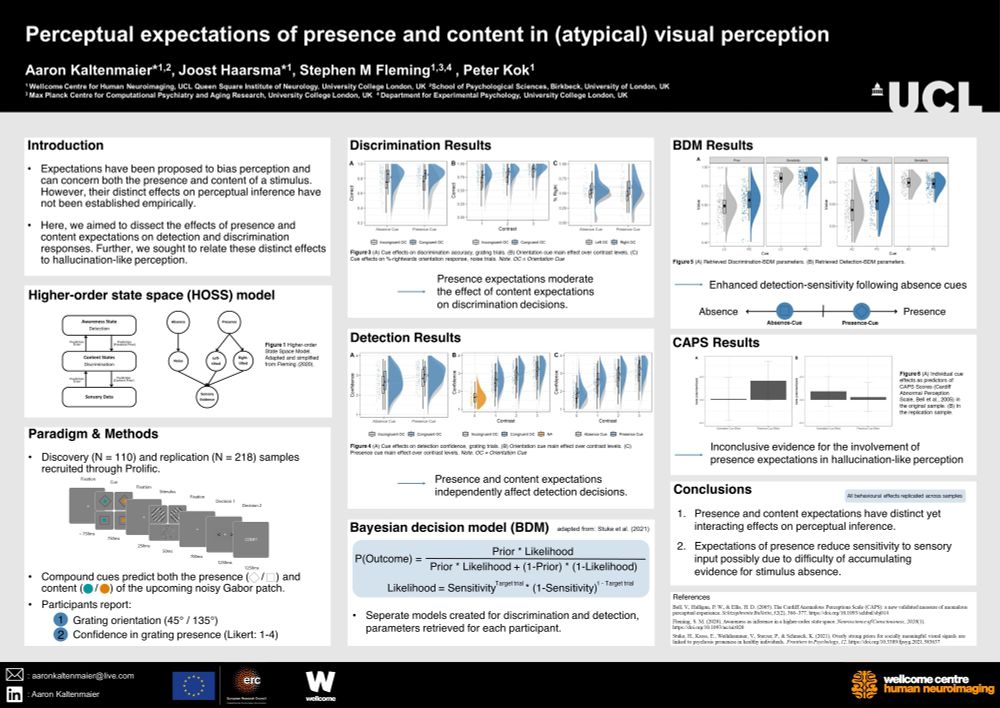





psyc.bbk.ac.uk/actionlab/pe...
www.fil.ion.ucl.ac.uk/team/action-...

psyc.bbk.ac.uk/actionlab/pe...
www.fil.ion.ucl.ac.uk/team/action-...

